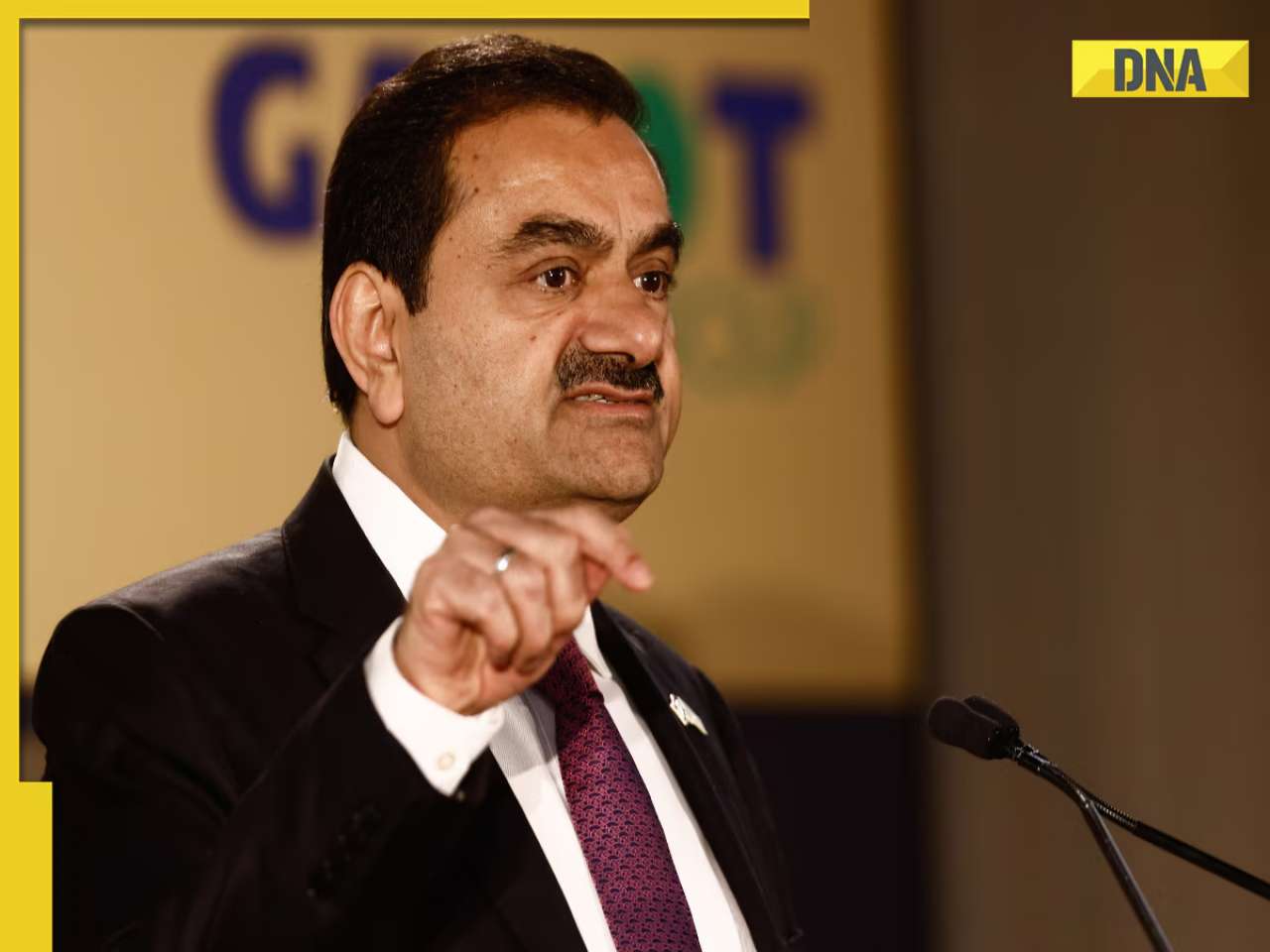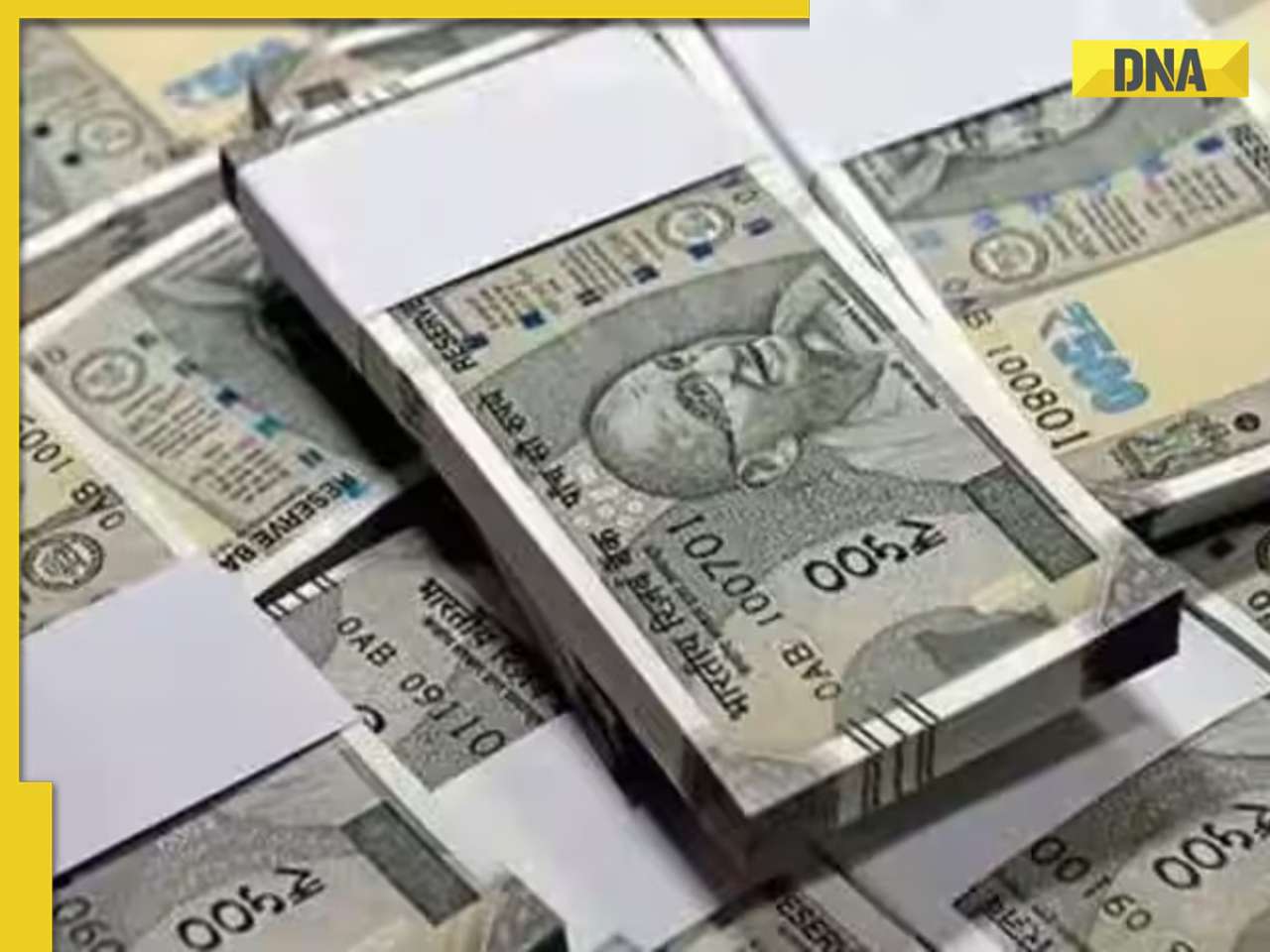- LATEST
- WEBSTORY
- TRENDING
BUSINESS
This man from Ratan Tata's family, who donated Rs 125000 for Mahatma Gandhi's fight against oppression
Sir Ratan Tata, the younger son of the renowned industrialist Jamsetji Tata, played a crucial role in advancing Indian industry, but his commitment extended far beyond business.
TRENDING NOW
On the occasion of Mahatma Gandhi’s birth anniversary, we pause to remember his relentless efforts—his long marches, impactful speeches, and steadfast quest for justice. While much is known about Gandhi, a lesser-explored story reveals an unexpected partnership with one of India's leading industrial families: the Tatas.
Sir Ratan Tata, the younger son of the renowned industrialist Jamsetji Tata, played a crucial role in advancing Indian industry, but his commitment extended far beyond business. His humanitarian vision and generosity made him one of the earliest supporters of Gandhi's fight against racism in South Africa. At the beginning of the 20th century, when Gandhi was leading the struggle against the oppressive treatment of Indians in South Africa, Sir Ratan recognized the significance of this movement. For him, it wasn't just about securing the rights of a specific group; it was part of a larger global battle against racial injustice and oppression.
Between 1909 and 1913, Sir Ratan contributed ₹1.25 lakh to support Gandhi's work in South Africa. In November 1909, he penned a letter to the noted reformer Gopal Krishna Gokhale, filled with a sense of urgency and empathy: “I feel I should lose no more time in doing my duty by our brave and suffering brethren in the Transvaal.” Attached to the letter was a cheque for ₹25,000, designated for Gandhi to assist Indians struggling under discriminatory laws. This was far from a singular act of generosity. Sir Ratan continued to extend both moral and financial support, helping to sustain Gandhi's fight for justice.
Yet, Sir Ratan’s dedication to the betterment of society went beyond political movements. Between 1913 and 1917, he funded archaeological excavations in Pataliputra, leading to the discovery of significant artefacts from the Mauryan dynasty, including the 100-column throne room in King Ashoka’s palace.
In 1916, Sir Ratan was knighted for his outstanding contributions to society. Tragically, his life was cut short when he passed away in 1918 at the age of just 47. However, his impact endured through the Sir Ratan Tata Trust, which he established in his will, ensuring his legacy of philanthropy would continue.







)
)
)
)
)
)
)
)
)
)
)
)
)
)
)
)



























































